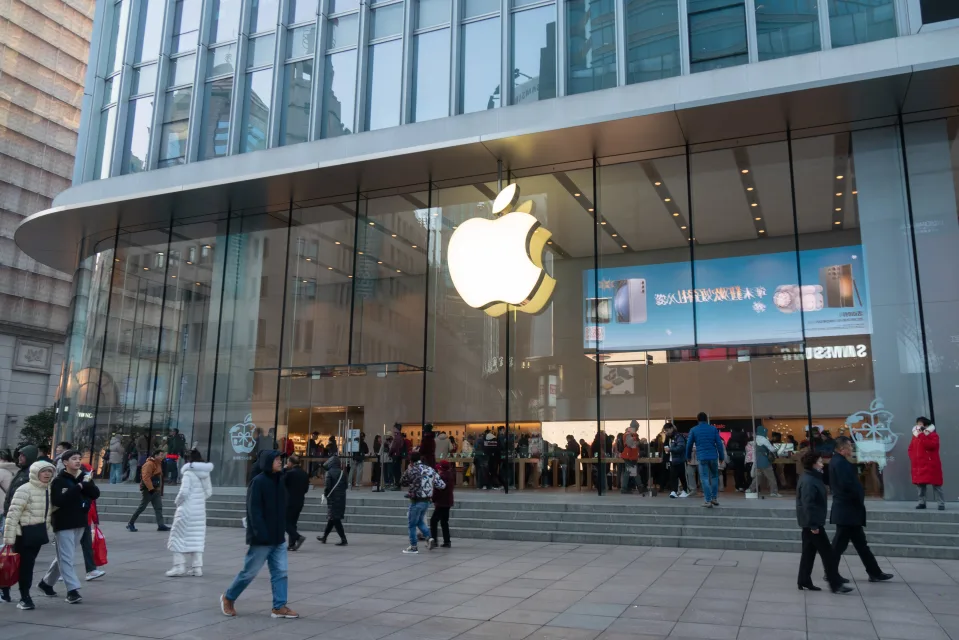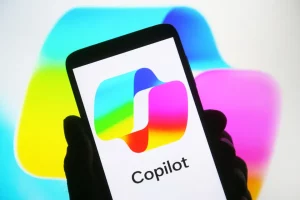Apple AI revolution, previously absent from the roster of companies with their own generative AI product, seems poised to change that, according to a recent report from The New York Times. The tech giant has allegedly entered negotiations with major publishers and news organizations, seeking permission to utilize their content for training its upcoming generative AI system. In return, Apple is offering substantial multi-year deals, valued at least at $50 million, for access to the extensive archives of news content.
While Apple anticipates compensating publishers for their content, concerns have arisen among some of them. Some publishers are wary of potential legal complications stemming from broad licensing agreements for their historical news articles. Additionally, there is apprehension about the competitive landscape that could emerge as a result of Apple’s foray into this domain.
Despite these reservations, Apple seems to have fostered goodwill by actively seeking permission and demonstrating a willingness to pay for access. The report suggests that Apple’s leadership has been contemplating data sources for generative AI development for years, with a reluctance to utilize information collected from the internet due to the company’s strong commitment to privacy.
Several companies with their own generative AIs have faced accusations of content theft and unauthorized use of intellectual property for training purposes. OpenAI, in particular, is currently dealing with multiple lawsuits that allege the improper utilization of others’ creative works. Prominent novelists such as George R.R. Martin and John Grisham are among those who have filed lawsuits against OpenAI. Another legal challenge comes from nonfiction authors who claim that OpenAI and Microsoft have established a business valued in the tens of billions of dollars by incorporating the collective works of humanity without obtaining proper permission.
These legal disputes underscore the challenges and controversies surrounding the use of third-party content to train generative AI models. Intellectual property concerns, particularly issues related to ownership and consent, have become focal points in the evolving landscape of AI development. The outcomes of these lawsuits may have significant implications for the responsible and ethical use of generative AI revolution.




